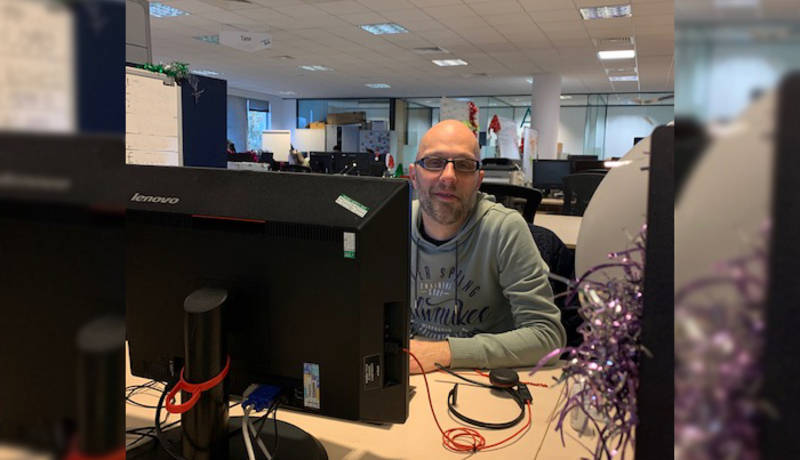How our unconscious bias affects inclusivity in the workplace
By Craig Davies, Sourcing Manager
90-95% of people are affected by their own unconscious bias as they navigate through life every day. At Guidant Global, our people come from all walks of life, which means we’re keen to ensure our unconscious biases don’t work their way into the office. If left unchecked, this could turn into discrimination.
What’s an unconscious bias?
Unconscious biases are deeply ingrained, universal stereotypes that we pick up unintentionally, and in turn, influence our behaviour.
And from my own experience...
I used to be very biased in my friendship groups – in that I’d only strictly associate with the gay community. Growing up, I was always reminded of the 'negatives of being gay'. Name calling was something I constantly dealt with, so I presumed all straight people hated gays.
When I became of age to go clubbing, I felt I belonged with the people I met from the gay clubs, as they were welcoming and inclusive to me – something I didn’t experience before this.
However, as I grew older and started meeting more people outside of the gay community, I slowly realised that not all straight people hate LGBTQ+ people. Having one friendship type had limited my outlook on the world! There was a more inclusive community out there than I had thought.
After my revelation that the world is bigger than the rainbow, my friendship groups now include people from the entire LGBTQ+ spectrum and out of it. It’s been really interesting to share and hear similar experiences of my story from others.
What happens at Guidant Global’s unconscious bias training?
Doing the training we always start with the line “were not here to cure you … but make you aware” and it really does have an impact. The best part in leading the unconscious bias training is being able to speak about those examples and seeing the moment people realise it’s so common and that we all do it without even knowing.
One story always stood out when a colleague shared their story about choosing where to go on their gap year. They had the choice to go to America or Europe, and because of the distance bias, they decided on Europe – “it was closer to home”, “I could reach mum and dad easier” and “it felt safer” were all thoughts that ran through their head.
We then presented a way to overcome this bias: Place that situation in the past – pretend you’d made that decision six months ago; would you be happy with your choice? Their answer was no! It really made them think about how their bias had influenced their decision.
Last thoughts?
The important thing to remember is that we will always have biases – our brains can be lazy and we want to make shortcuts. Imagine going into a supermarket and not having biases around your purchases – you’d be there for hours! It’s important to remember to mitigate these biases as much as possible when speaking with people or engaging with candidates.
Knowing what I know now about unconscious biases, I make every effort to ensure myself and my team make decisions based on discussions with candidates and not on stereotypes from CVs. I am happy to keep my biases when shopping but want to help mitigate them in the workplace!
Our unconscious bias training is currently being rolled out in the UK, and will be introduced globally in the near future.
Being Platinum Investor in People accredited means we’re always finding a better way to build a supportive and inclusive working environment for our people. Be a part of it all and take a look at our latest vacancies >
